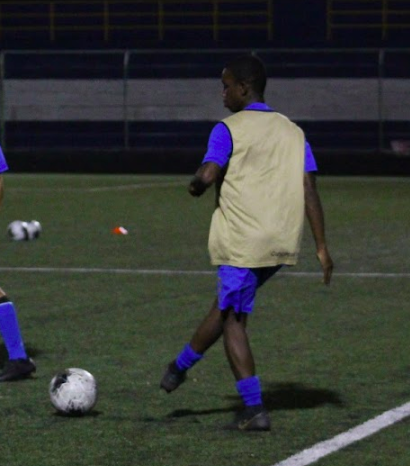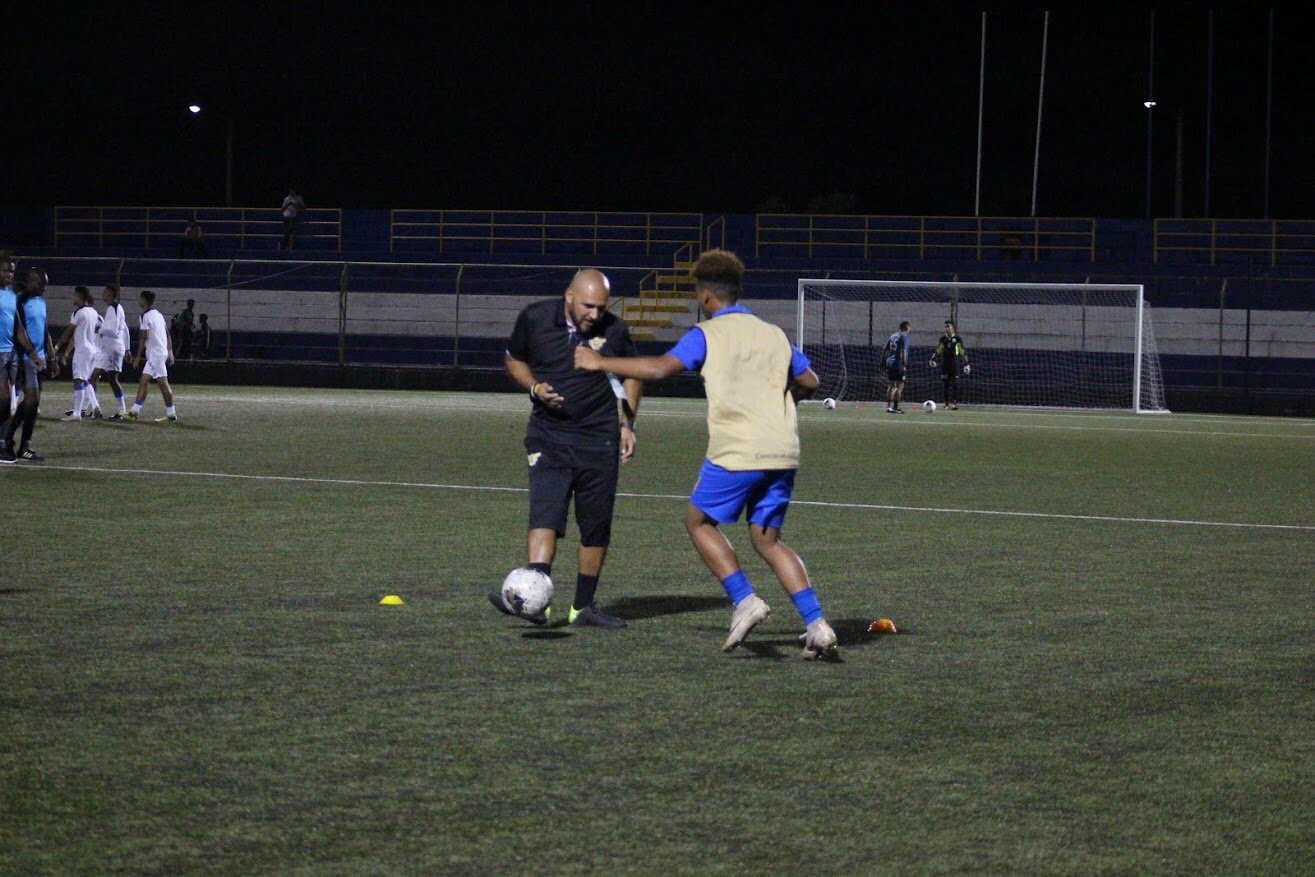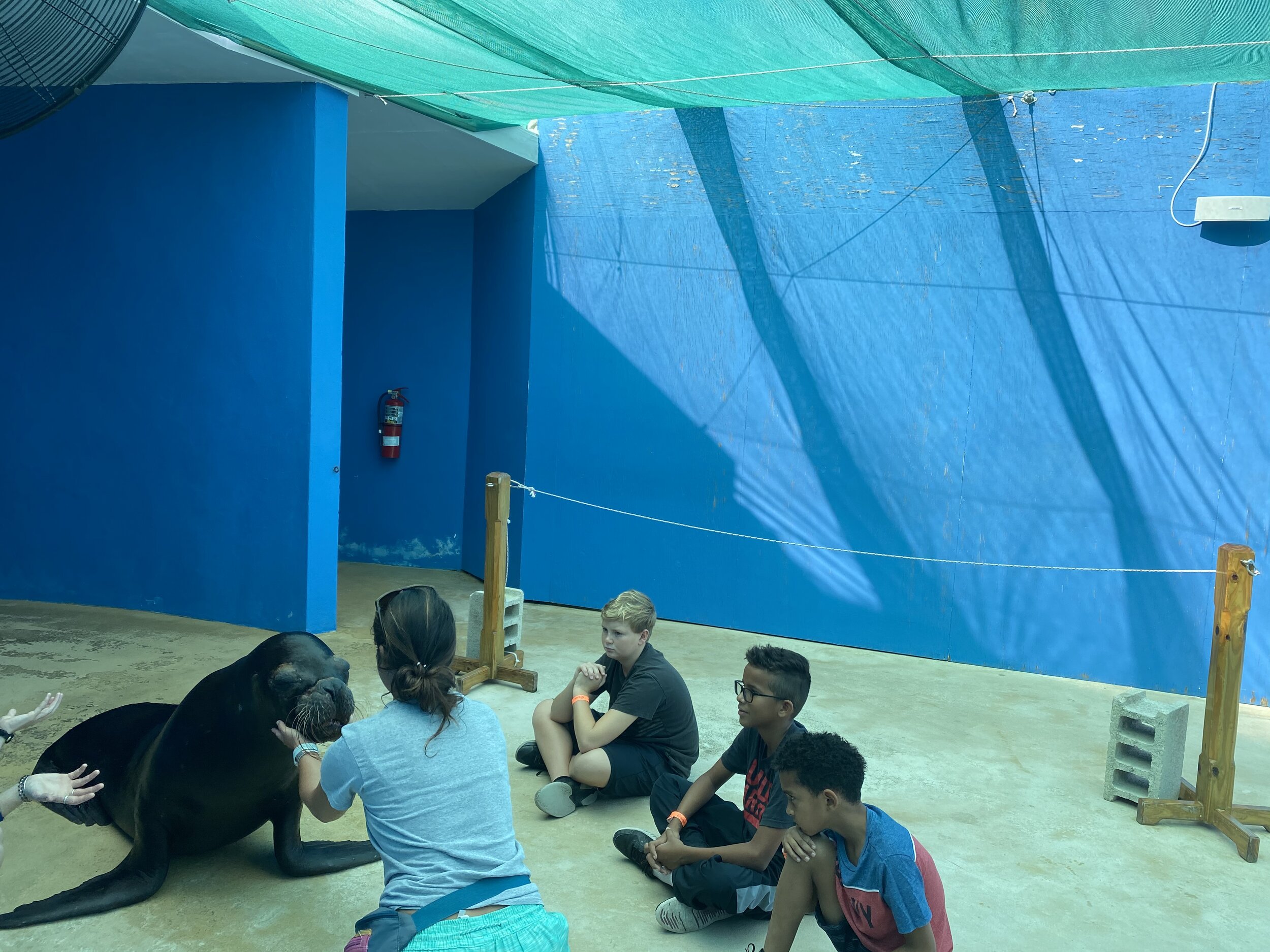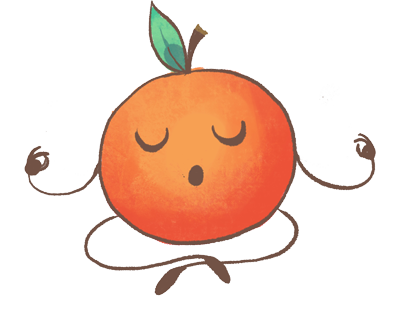Last week we spoke about how movement is essential to not only fitness but brain development, learning and focus. So how much should we be exercising anyhow? Here are some great guidelines for kids:
Children aged 1-5 years should be physically active for at least three hours each day, with activity spread across the day. This includes energetic play like running, jumping or twirling. If your child is over three years, energetic play should add up to at least one hour a day.
Children aged 5-18 years should do at least one hour of moderate to vigorous physical activity each day. And at least three days a week, this should include activities that strengthen muscles and bones.
Moderate physical activity gets your child gently huffing and puffing. Moderate activities are about as intense as a quick walk.
Vigorous physical activity gets your child huffing and puffing a lot, and sweating. This could be running games or riding a bike fast.
Activities that strengthen muscles and bones make muscles work more than normal and put extra force on bones – for example, jumping, running, climbing and lifting. Moderate and vigorous physical activities often help to build muscles and bones.
Physical activity doesn’t have to be done all at once, or even in big blocks. Your child can do it in small blocks of time throughout the day.
Source: https://raisingchildren.net.au/
For adults, Dr Kristi Funk, MD, a celebrity surgeon who spends a lot of her time coaching women about how to prevent illness and disease, recommends exercising 30 minutes per day for 5 days a week at an intensity where you cannot carry on a conversation, or 1 hour per day (over 5 days per week) if you are able to carry on a conversation during the exercise.
As we get older we should remember to focus on weight bearing exercises to build strong bones and muscles for long term strength and health. https://www.webmd.com/osteoporosis/features/weight-training
The “Green Body & Home” blog posts are brought to you by the PTA. They provide general information and discussions about health and related subjects. The information and other content provided in this blog, or in any linked materials, are not intended and should not be construed as medical advice, nor is the information a substitute for professional medical expertise or treatment.



































